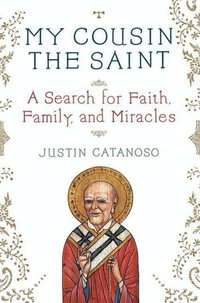Booktopia has been placed into Voluntary Administration. Orders have been temporarily suspended, whilst the process for the recapitalisation of Booktopia and/or sale of its business is completed, following which services may be re-established. All enquiries from creditors, including customers with outstanding gift cards and orders and placed prior to 3 July 2024, please visit https://www.mcgrathnicol.com/creditors/booktopia-group/

Absolutism in Renaissance Milan
Plenitude of Power under the Visconti and the Sforza 1329-1535
By: Jane Black
eBook | 31 May 2016
At a Glance
eBook
RRP $158.44
$142.99
10%OFF
or
Instant Digital Delivery to your Booktopia Reader App
ISBN: 9780191609886
ISBN-10: 0191609889
Published: 31st May 2016
Format: ePUB
Language: English
Publisher: OUP Oxford
You Can Find This eBook In
This product is categorised by
- Non-FictionHistoryRegional & National HistoryEuropean History
- Non-FictionHistoryGeneral & World History
- Non-FictionLawJurisprudence & General IssuesLegal Skills & Practice
- Non-FictionHistoryEarliest Times to Present DayEarly Modern History from 1450 to 1700
- Non-FictionLawLaws of Specific JurisdictionsConstitutional & Administrative LawGovernment Powers
- Non-FictionLawJurisprudence & General IssuesLegal History
























